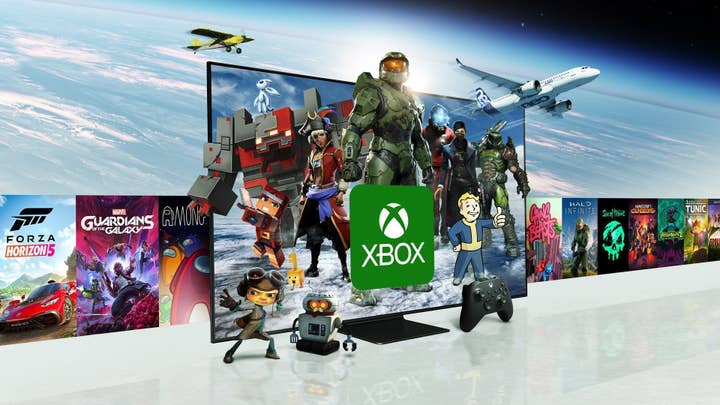FTC criticises Xbox Game Pass price increases
"[This] is exactly the sort of consumer harm from the merger the FTC has alleged," it said
The Federal Trade Commission has criticised Microsoft's Xbox Game Pass price changes announced last week.
In a letter filed with the U.S. Court of Appeals, the FTC said Microsoft's "actions are inconsistent" with what the firm had previously said about price increases, and that it "is exactly the sort of consumer harm from the merger the FTC has alleged."
The changes, which will come into effect on September 12, include price increases to Game Pass' existing tiers, and the introduction of a new standard option that doesn't include day-one releases.
Another change is the cancellation of Game Pass for Console. Existing subscribers to the latter will remain on this tier until their subscription expires, but from September they will only be able to stack up to 13 months' membership.
As noted by the FTC, in discontinuing the Xbox Game Pass for Console tier, "users of that product must pay 81% more to switch to Game Pass Ultimate." It added that the new Game Pass Standard tier costs 36% more than Game Pass for Console, and doesn't include games released at launch.
The FTC also highlighted that the price changes coincide with Call of Duty being added to Game Pass Ultimate, and that the cancellation of Game Pass for Console will occur shortly before the next COD release.
Microsoft had previously stated last year that "the acquisition would benefit customers by making Call of Duty available on Microsoft's Game Pass on the day it is released on console (with no price increase for the service based on the acquisition)," as reported by PCGamesN.
The FTC concluded that: "Microsoft's post-merger actions thus vindicate the congressional design of preliminary halting mergers to fully evaluate their likely competitive effects, and judicial scepticism of promises inconsistent with a firm's economic incentives."
Earlier this year, the FTC claimed Microsoft contradicted its intention to "operate as a limited-integration studio" following the acquisition of Activision by laying off 1,900 employees from its games division in January, which included Activision employees.
Microsoft responded to the FTC stating that Activision was planning layoffs prior to the acquisition.
Last year, the Commission tried to block Microsoft's acquisition of Activision Blizzard, but it was unsuccessful. In December, the FTC tried to appeal against this decision, despite the fact the deal was already completed.

